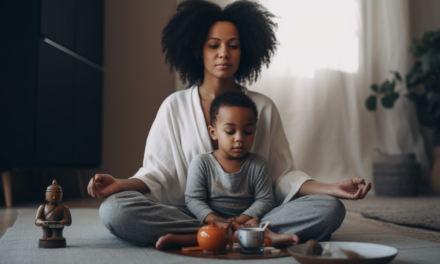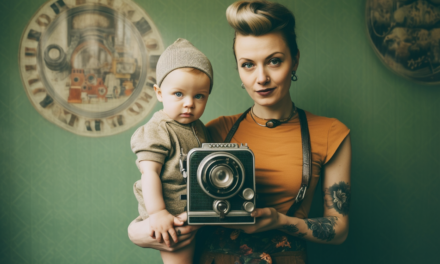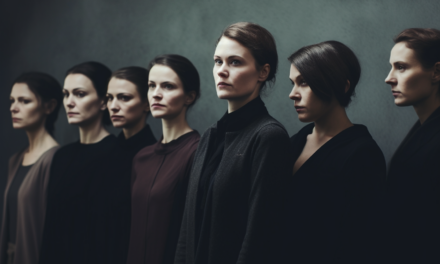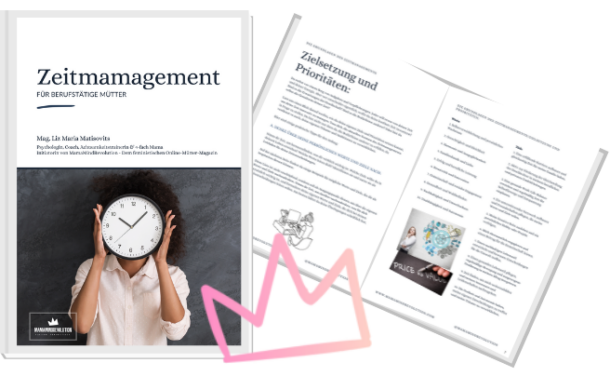As the legal equality of women and men increases, oppression moves more and more into the emotional level of relationships. Patriarchy skilfully uses narratives and ideologies about romantic love to maintain its power structures. This article explores how patriarchy shapes notions of romantic love and how this affects the classic heterosexual relationship.
Formative ideas about romantic love
From an early age, girls learn that their worth depends on male attention and romantic feelings, while boys are encouraged to seek freedom and adventure. This continues into adulthood and is reinforced by traditional fairy tales, stereotypical female roles in films and social norms. Girls are encouraged to wait for Prince Charming and long for romantic love, while boys are portrayed as adventurers and conquerors. These different expectations and role models shape understandings of love and relationships and perpetuate patriarchal structures.
The media play a central role in the staging of romantic love and the dissemination of romantic ideas. Films, books and music suggest that true love can conquer all and that we are only complete through our relationship with a partner. Romantic stories are often told in a one-sided way, with women often portrayed as passive recipients of love while men take the active role of conquerors. These ideas shape our expectations of romantic relationships and reinforce dependency on women.
The Role of Marriage in Patriarchy
The institution of marriage is closely linked to patriarchy and contributes to the perpetuation of gender inequality. Historically, marriage was used to keep women dependent and subordinate. For a long time, women and children were considered the property of the husband, who had to decide on all family matters. Although ideas about marriage and partnership have changed over time, traces of these patriarchal structures can still be seen. Women are often encouraged to see marriage as a sign of success, while men reap the benefits of marriage, especially financially and through women's unpaid care work.
The unequal distribution of emotional labour
"Laura and Martin have been together for five years. Their relationship started with a lot of love and hope, but over time Laura noticed that something was out of balance in their relationship.
A typical day in the life of Laura and Martin: Laura comes home from work and is looking forward to talking to Martin about her day. She wants to tell him about her successes and challenges and get his opinion. But as soon as she starts talking, she realises that Martin is not really listening to her. He seems disinterested and gives only short, superficial answers.
Meanwhile, Martin talks about his own experiences at work. He talks about conflicts with colleagues, projects that have gone wrong and his own insecurities. Laura listens patiently, asks questions and tries to encourage him. She takes care of his worries and tries to support him emotionally.
This is not the first time Laura has found herself in this situation. She recognises a pattern: Martin tends to put his own needs and feelings first, while showing little interest in her concerns. She feels that she invests much more in the relationship and that Martin is the main beneficiary".
Women often do significantly more emotional work in relationships than men. They take care of their partner's needs, are responsible for the emotional stability of the relationship and often put their own wishes and dreams on the back burner. This unequal distribution of emotional work makes women more dependent and reinforces existing patriarchal power structures. Men can rely on their emotional needs being met, while women often neglect their own needs.
Alternatives and approaches to solutions
In order to transform notions of romantic love and distribute the emotional labour in relationships more equitably, it is important to consider alternative relationship models. One way is to question the value of the intimate relationship between two people and to re-emphasise other forms of relationships such as friendship, kinship and community. In this way, women can experience independence by cultivating and prioritising stable relationships other than the couple.
Final thoughts
Patriarchy has a profound effect on notions of romantic love and the distribution of emotional labour in relationships. Women are often the victims of these unequal power structures, while men reap the benefits. To create a more equal and fulfilling future, we need to challenge and actively work to change patriarchy. By rethinking our own ideas about love and relationships, recognising the importance of diverse relationships and sharing emotional labour more equitably, we can take an important step towards a fairer and more fulfilling form of love.
Bell Hooks put it so aptly: "When we remain silent about our patriarchal experiences, we contribute to the perpetuation of inequality". Together, let us recognise and bring to light the patriarchy within us to create a world where love is free from oppression and where women and men alike can develop their needs, dreams and strengths. It is time to celebrate the diversity of love and explore alternative relationship models to create a more just and fulfilling future for all genders.









